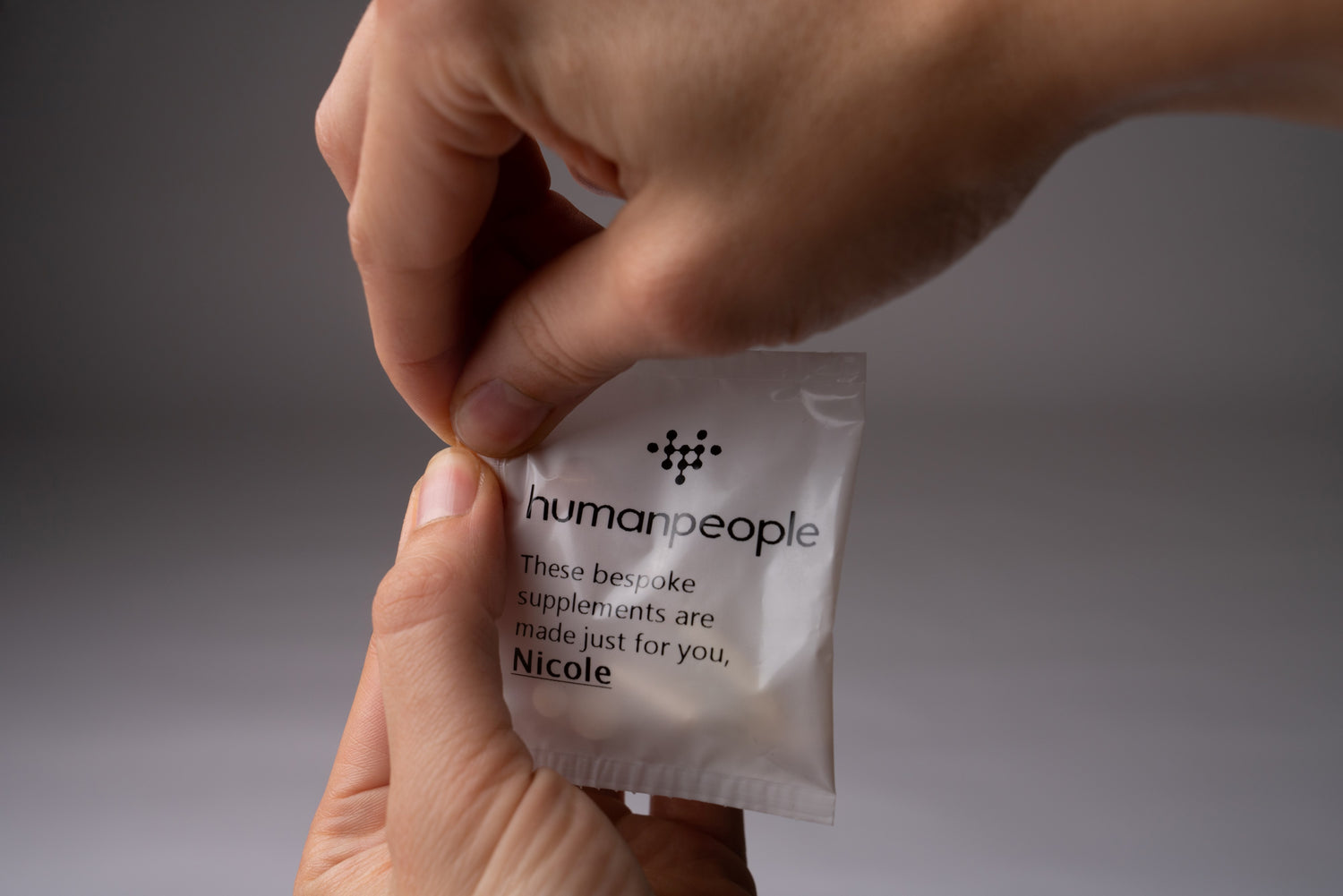Nutrition should always be the first step to support health. Consider soy for hormonal balance, fatty fish for mood, whole grains for weight management, leafy greens for bone health, and berries for antioxidants.
Nutrition
You have saved personalized supplements. Would you like to add them back to your cart?
£0.00 GBP
Your cart total must be £20.00 or more to proceed.

Rebalance your body
Hormone Replacement Therapy (HRT)
During peri-menopause the reduction in oestrogen, progesterone and testosterone has a major impact mentally and physically on the female body. HRT is a powerful biohack and we strongly recommend considering HRT if you are not already. Lower hormones increase the risk of heart disease, muscle bulk and skin ageing. There are other adaptogens and supplements that can help but none of these are as effective and HRT.
Other menopause support
During the peri-menopause, even if you are on HRT there are certain minerals, vitamins and adaptogenic supplements that can have a powerful effect in maintaining a healthy well functioning body.

humanpeople-store
Promotes improved sleep, mood and reduces hot flashes. Contains magnesium, ashwagandha KSM66, theanine and more. See full details here...
Nutrition
Nutrition should always be the first step to support health. Consider soy for hormonal balance, fatty fish for mood, whole grains for weight management, leafy greens for bone health, and berries for antioxidants.
Gut health
Low oestrogen can slow gut contraction so we recommend probiotics for microbiome balance, fiber-rich foods for digestion, fermented foods for gut flora, and ginger for motility and anti-inflammatory effects.
Lifestyle and Stress Management
Be kind to your mind and body. Regular exercise will increase endorphin release, mindfulness techniques for emotional balance, and adequate sleep is essential for hormonal regulation.
Targeted nutraceuticals
Adaptogens like rhodiola and ashwagandha can be a game changer. Magnesium and choline are essentials. Essential fatty acids with GLA and omega-3. High strength vitamin D3 with K2 to maintain bone health.


Or check out our pre-built menopause support stack which you can tweak.
Our medical team led by our Chief Medical Officer Dr Geoff Mullan has put together a pack of supplements that have synergistic effects based on both clinical experience and the latest research.
If some of the contents are already in your pack our AI will sort these out and only add the new ones. That allows you to merge different specialist packs without duplication.

humanpeople-store
Promotes improved sleep, mood and reduces hot flashes. Contains magnesium, ashwagandha KSM66, theanine and more. See full details here...
All the latest news

"Resveratrol and inflammation: Challenges in translating pre-clinical findings to improved patient outcomes," National Center for Biotechnology Information, Molecules 2017

